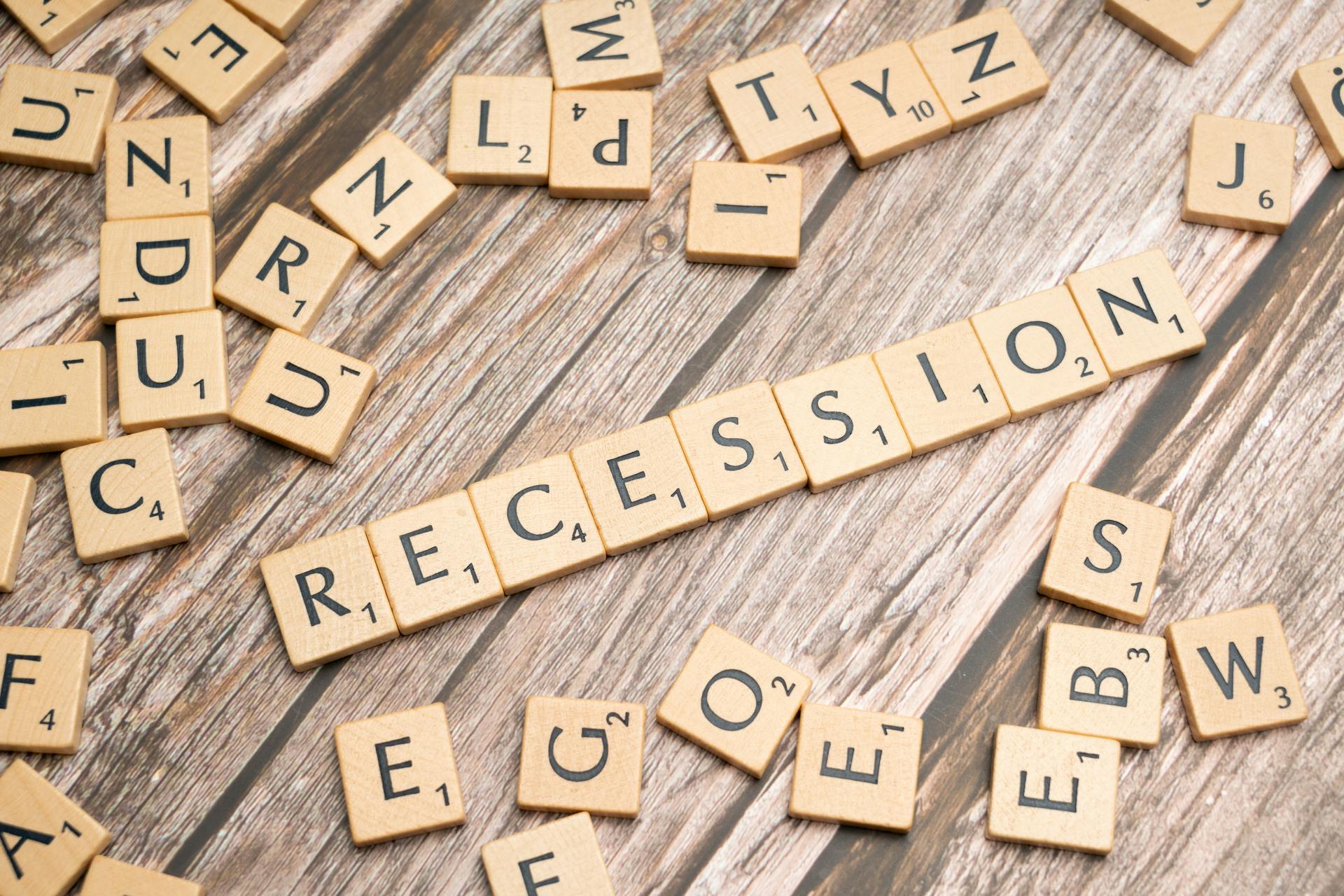
The student debt crisis has become an urgent concern for multiple generations of Americans. With the rising cost of college and stagnant wages, students are finding it harder than ever to complete degrees without taking on significant debt. Unfortunately, this means that once they graduate, many will face greater difficulty repaying loans.
Seth Frotman, executive director of the Student Borrower Protection Center, a nonprofit advocacy organization dedicated to helping borrowers navigate the complex world of student loans, believes that canceling debt is not enough to solve the problem. Instead, he argues that policymakers must prioritize efforts to make college more affordable and overhaul repayment systems. Michele Streeter, senior policy analyst at the Center for College Access and Success, agrees that while student loans remain an important college access tool, repayment programs need to be improved to better support borrowers as they repay their debts.
As debt experts weigh in on the issue and student loan debt statistics for 2023 continue to paint a bleak picture, it's clear that unlocking the key to freedom from the student debt crisis will require a multifaceted approach. In this article, we'll explore some of the most promising solutions being proposed by policymakers and advocates alike.
Explore further: How to Settle with Debt Collectors for Less
Eradicate the Burden of Student Loan Debt: An Urgent Concern

Eradicating the burden of student loan debt has become an urgent concern in recent years. With the rising cost of education, more and more students are struggling to keep up with their loans even after graduation. Experts diverge on the best solution, but broad forgiveness is a popular option that could offer relief for vulnerable borrowers.
While bigger paychecks may seem like the obvious answer to student debt, it's not always feasible for recent graduates. The reality is that many borrowers remain frozen amid legal challenges or job insecurity. Broad forgiveness would alleviate some of these concerns and allow graduates to focus on building their careers instead of worrying about debt.
However, agree future debt accumulation will be a major hurdle to overcome. Carlo Salerno, Vice President at college financial aid management tools CampusLogic, suggests a comprehensive approach that focuses on reducing overall borrowing and increasing financial literacy. By addressing the root causes of student debt crisis, we can work towards a better future for all graduates.
If this caught your attention, see: Ct Medical Debt Forgiveness Application
Solutions for Income-Driven Repayment Forgiveness

Income-driven repayment forgiveness is one of the solutions that can help ease the student debt crisis. Under this program, borrowers can have their remaining loan balance forgiven after making qualifying payments for a certain number of years. However, there are some challenges to this program, including the fact that it does not count past payments towards forgiveness and that borrowers need to make 300 qualifying payments before they can receive forgiveness. To address these issues, one-time fixes have been proposed by lawmakers and experts, such as allowing past payments to count towards forgiveness and reducing the number of payments needed. Additionally, the Department of Education announced in April 2022 that it will cancel debt for more than 40,000 borrowers who were previously denied public service loan forgiveness.
Make Smarter Payments with Condensed Income-Driven Repayment

The student debt crisis has been a hot topic in higher education policy for years. But, thankfully, there are income-driven repayment plans federal options available to borrowers who need relief from set student loan payments. These plans allow borrowers to pay a percentage of their income instead of a fixed amount, making it easier for individuals who may be working full time or in minimum wage jobs to make their payments.
One benefit of income-driven repayment plans is that they provide a strong safety net for borrowers whose income fluctuates throughout the year. Furthermore, the newly revised IDR plan details suggest automating enrollment in order to reduce monthly payments and eventually replace existing IDR plans for borrowers. The Education Department announced automatic enrollment starting January 2023, which will leave borrowers with more money in their pockets.
According to Beth Akers, a resident scholar at the American Enterprise Institute (a conservative public policy think tank), automatic enrollment in an IDR plan could be seen as a safety net for those who may not have known about or understood their options. On the other hand, Wesley Whistle, senior advisor at left-of-center public policy organization Third Way believes auto-enrolling students into an IDR plan could also benefit delinquent and defaulted borrowers by covering interest and preventing further damage to credit scores. Overall, these automatic enrollment programs can help ease the burden of paying student loans 20-25 years down the line.
Worth a look: California Insurance Broker Education Course
How you can benefit from reduced interest rates
If you're one of the millions of Americans struggling with student debt, there's good news on the horizon. Due to the current government guidance, federal student loan borrowers haven't had to make payments since March 13, 2020. This means loans won't grow during this time, giving borrowers a chance to pay down their existing debt faster.
One way to do this is by taking advantage of lowering interest rates. By making extra payments towards your principal balance, you'll be able to decrease your overall debt and save money in the long run. Additionally, some borrowers may qualify for interest permanent reduction programs that can further lower their monthly payments.
Betsy Mayotte, President of The Institute of Student Loan Advisors, hears from borrowers every day about their biggest gripe: growing interest on their loans. By lowering interest rates and creating a level playing field for all borrowers, it gives those who don't feel like they're making any progress on paying their loans back a glimmer of hope. So when student loan payments resume again, take advantage of these reduced interest rates and get ahead on your repayment journey!
For your interest: How Often Does Student Loan Interest Accrue
Frequently Asked Questions
Who owes more in student loans?
As of 2021, Americans collectively owe over $1.7 trillion in student loan debt, with the average borrower owing around $38,792.
Are income-driven student loan repayment plans a good idea?
Income-driven student loan repayment plans can be a good option for those struggling to make monthly payments, but they may result in paying more interest over time and potentially extending the repayment period. It's important to weigh the pros and cons and consider your individual financial situation before making a decision.
What is the future of student debt?
The future of student debt is uncertain, but the trend suggests that it will continue to increase due to rising tuition costs and stagnant wages. It is essential to prioritize financial literacy and explore alternative options such as scholarships, grants, and vocational training to avoid accumulating excessive debt.
Will student loan debt topple $3 trillion by 2035?
It is possible that student loan debt may reach $3 trillion by 2035 due to increasing tuition costs and higher borrowing rates, but it is difficult to predict with certainty.
Are you financially secure enough to resume student loan payments?
It depends on your current financial situation and how much you owe. It's important to assess your income, expenses, and debts before making a decision to resume student loan payments.
Featured Images: pexels.com


